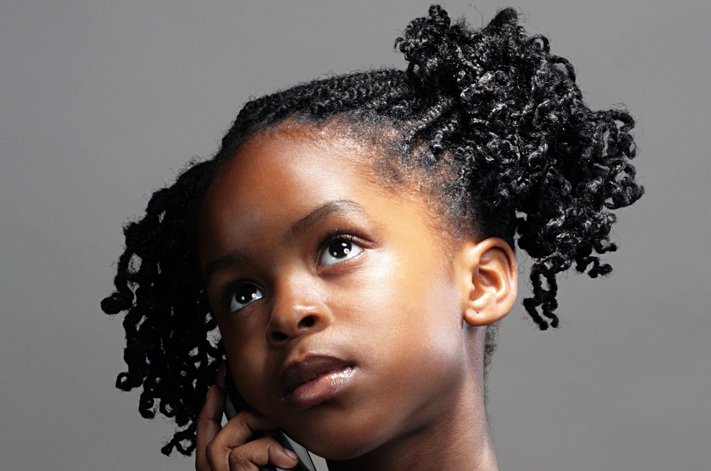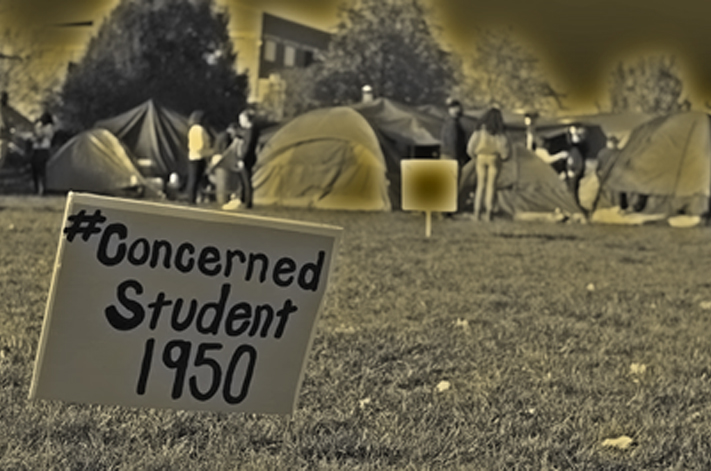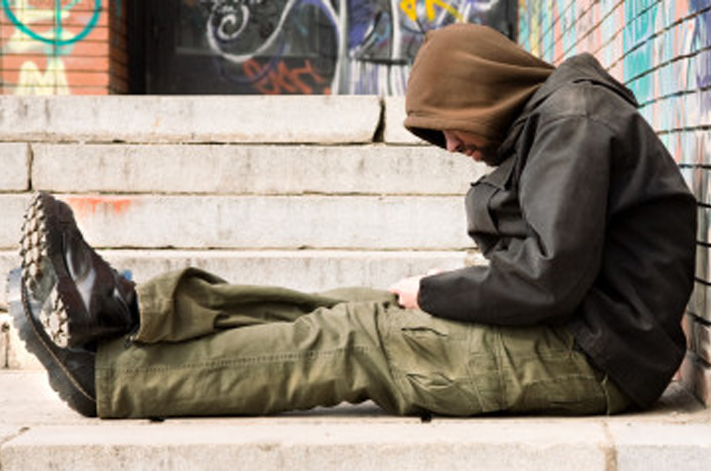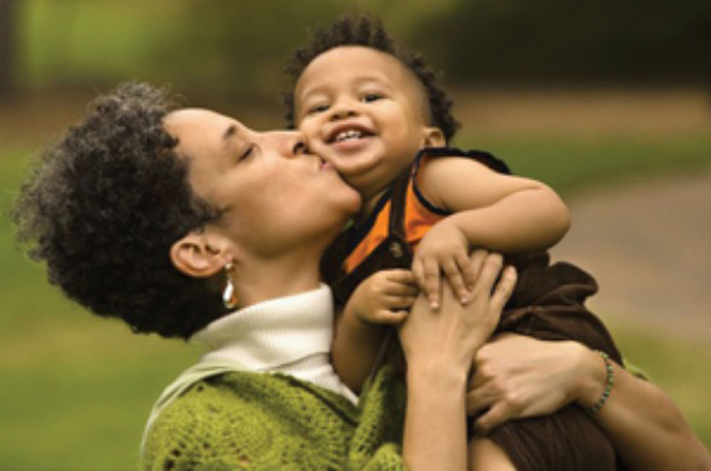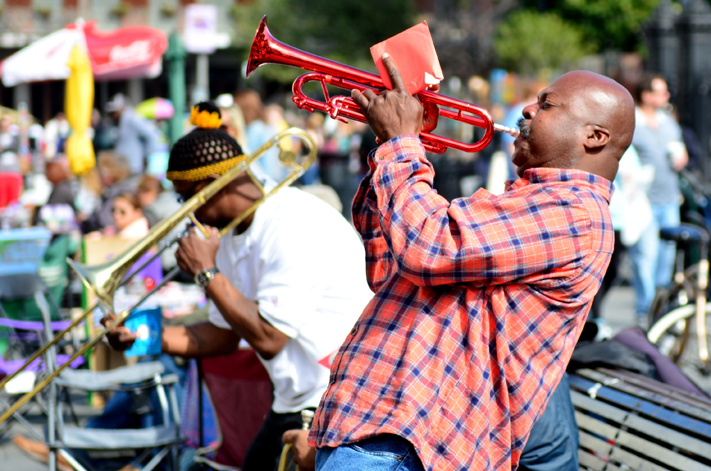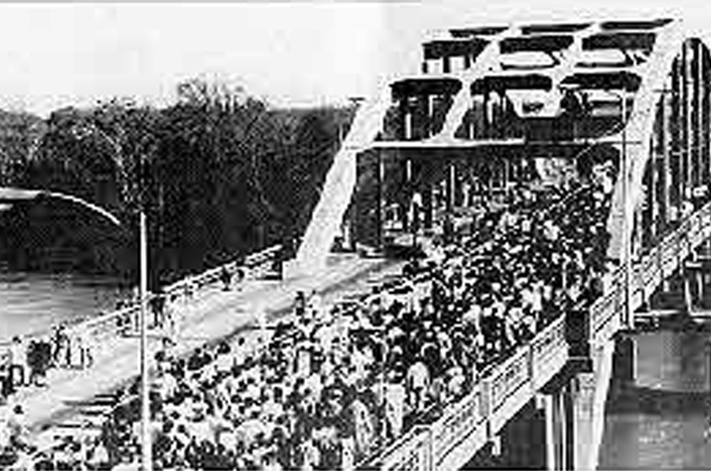Project Description
'I was a brown girl growing up in the United States. By that point in my life, I had seen the racist representations associated with African-Americans and watermelons, heard the terrifying stories…'
It was the late ’60s and early ’70s, and even though Jim Crow was supposed to be far behind us, we spent our days in the all-black community called Nicholtown in a still segregated South.
One year, we bought a watermelon off the back of a man’s pickup truck and placed it in our garden. As my grandfather snapped pictures from his box camera, we laughed about how we’d fool my mother, who was in New York, by telling her we’d grown it ourselves. I still have the photo of me in a pale pink dress, beribboned and smiling, sitting on that melon.
But by the time I was 11 years old, even the smell of watermelon was enough to send me running to the bathroom with my most recent meal returning to my throat. It seemed I had grown violently allergic to the fruit.
I was a brown girl growing up in the United States. By that point in my life, I had seen the racist representations associated with African-Americans and watermelons, heard the terrifying stories of black men being lynched with watermelons hanging around them, watched black migrants from the South try to eke out a living in the big city by driving through neighborhoods like my own — Bushwick, in Brooklyn — with trucks loaded down with the fruit.
In a book I found at the library, a camp song about a watermelon vine was illustrated with caricatures of sleepy-looking black people sitting by trees, grinning and eating watermelon. Slowly, the hideousness of the stereotype began to sink in. In the eyes of those who told and repeated the jokes, we were shuffling, googly-eyed and lesser than.
Perhaps my allergy was actually a deep physical revulsion that came from the psychological impression and weight of the association. Whatever it was, I could no longer eat watermelon.
As I walked away from the stage to a standing ovation after my acceptance speech, it was the last place in the world I thought I’d hear the watermelon joke — directed by the M.C., Daniel Handler, at me. “Jackie’s allergic to watermelon,” he said. “Just let that sink in your mind.” Daniel and I have been friends for years. Last summer, at his home on Cape Cod, he served watermelon soup and I let him know I was allergic to the fruit. I was astonished when he brought this up before the National Book Award audience — in the form of a wink-nudge joke about being black.
In a few short words, the audience and I were asked to take a step back from everything I’ve ever written, a step back from the power and meaning of the National Book Award, lest we forget, lest I forget, where I came from. By making light of that deep and troubled history, he showed that he believed we were at a point where we could laugh about it all. His historical context, unlike my own, came from a place of ignorance.
“Brown Girl Dreaming” is the story of my family, moving from slavery through Reconstruction, Jim Crow and the civil rights movement, and ends with me as a child of the ’70s. It is steeped in the history of not only my family but of America. As African-Americans, we were given this history daily as weapons against our stories’ being erased in the world or, even worse, delivered to us offhandedly in the form of humor.
As I interviewed relatives in both Ohio and Greenville, S.C., I began to piece together the story of my mother’s life, my grandparents’ lives and the lives of cousins, aunts and uncles. These stories, and the stories I had heard throughout my childhood, were told with the hope that I would carry on this family history and American history, so that those coming after me could walk through the world as armed as I am.
Mr. Handler’s watermelon comment was made at a time of change. We Need Diverse Books, a grass-roots organization committed to diversifying all children’s literature, had only months before stormed the BookCon conference because of its all-white panels. The world of publishing has been getting shaken like a pecan tree and called to the floor because of its lack of diversity in the workplace. At this year’s National Book Awards, many of the books featured nonwhite protagonists, and three of the 20 finalists were people of color. One of those brown finalists (me!), in the very first category, Young People’s Literature, had just won.
Just let that sink in your mind.
To know that we African-Americans came here enslaved to work until we died but didn’t die, and instead grew up to become doctors and teachers, architects and presidents — how can these children not carry this history with them for those many moments when someone will attempt to make light of it, or want them to forget the depth and amazingness of their journey?
How could I come from such a past and not know that I am on a mission, too?
This mission is what’s been passed down to me — to write stories that have been historically absent in this country’s body of literature, to create mirrors for the people who so rarely see themselves inside contemporary fiction, and windows for those who think we are no more than the stereotypes they’re so afraid of. To give young people — and all people — a sense of this country’s brilliant and brutal history, so that no one ever thinks they can walk onto a stage one evening and laugh at another’s too often painful past.
Jacqueline Woodson is the author of children’s and young adult books, including the memoir “Brown Girl Dreaming.”
A version of this op-ed appears in print on November 29, 2014, on page A17 of the New York edition with the headline: The Pain of the Watermelon Joke.
We are honored and privileged to share what is a profound, poignant, and also painful story. This piece was reprinted by EmpathyEducates with permission or license. We thank, the acclaimed Author, Jacqueline Woodson for her kindness and for telling the tale that is too often not told.


